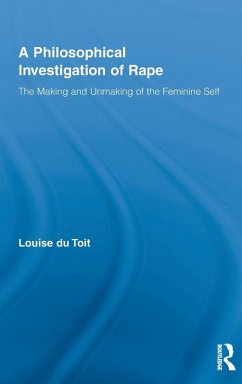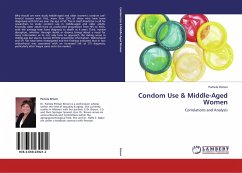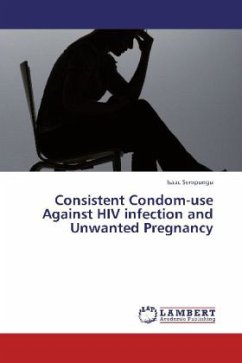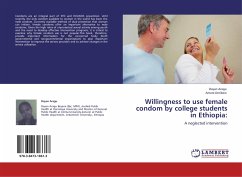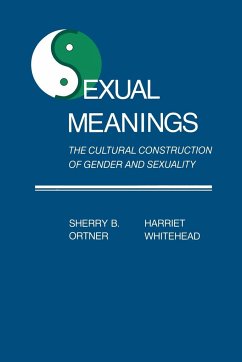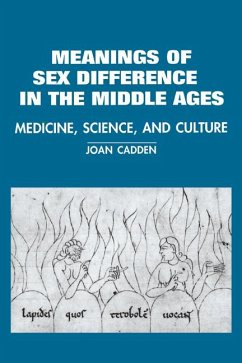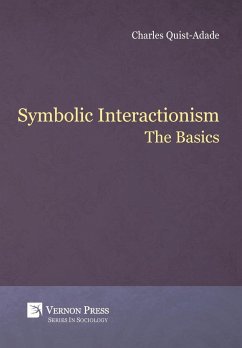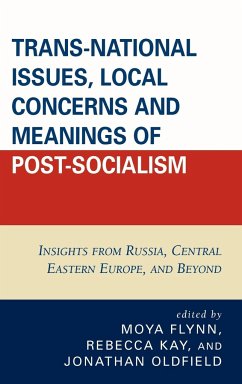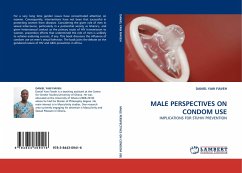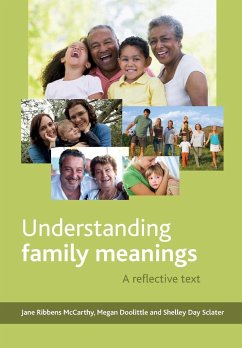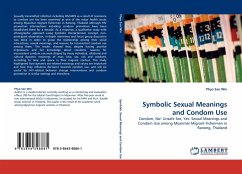
Symbolic Sexual Meanings and Condom Use
Condom, No! Unsafe Sex, Yes: Sexual Meanings and Condom Use among Myanmar Migrant Fishermen in Ranong, Thailand
Versandkostenfrei!
Versandfertig in 6-10 Tagen
39,99 €
inkl. MwSt.

PAYBACK Punkte
20 °P sammeln!
Sexually transmitted infection including HIV/AIDS as a result of resistance to condom use has been examined as one of the major health issues among Myanmar migrant fishermen in Ranong, Thailand although HIV prevention interventions including condom promotion have been established there for a decade. As a response, a qualitative study with ethnographic approach using Symbolic Interactionism concept, non-participant observation, in-depth interviews and focus group discussion was done in order to grasp the relationship among their social interactions, sexual meanings, and reasons for inconsistent...
Sexually transmitted infection including HIV/AIDS as a result of resistance to condom use has been examined as one of the major health issues among Myanmar migrant fishermen in Ranong, Thailand although HIV prevention interventions including condom promotion have been established there for a decade. As a response, a qualitative study with ethnographic approach using Symbolic Interactionism concept, non-participant observation, in-depth interviews and focus group discussion was done in order to grasp the relationship among their social interactions, sexual meanings, and reasons for inconsistent condom use among them. The results showed that, despite having positive impressions and fair knowledge about condoms, reasons for inconsistent condom use were shaped by many individual, relational and cultural dynamic meanings of man, love, sex, risk and condoms according to time and space in their migrant context. This study highlighted how dynamic sex-related meanings and values are important and how they influence decisions towards condom use, and will be useful for HIV-related behavior change interventions and condom promotion in similar settings and elsewhere.



